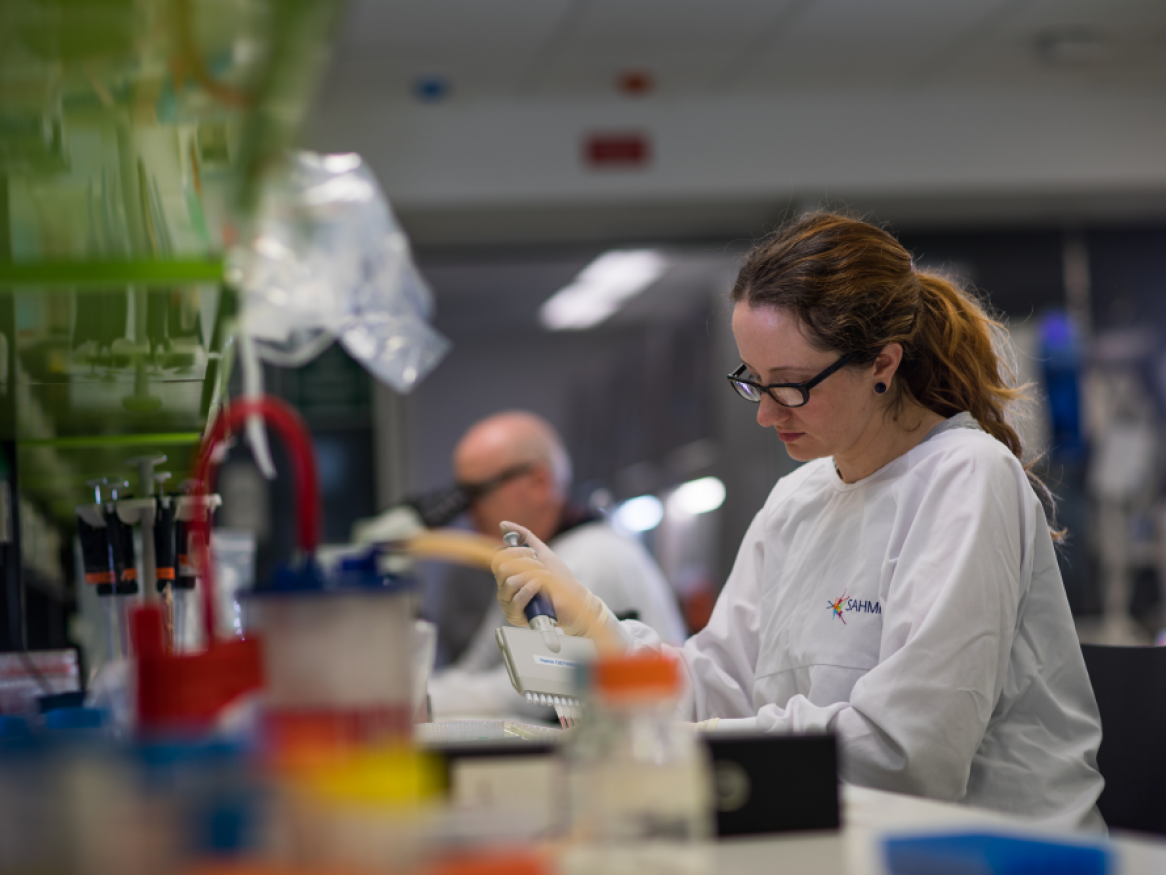Obesity and Metabolism Group
Obesity rates are rising in Australia and globally, which means that a large portion of the population is facing increased risks for many chronic diseases.
The Obesity and Metabolism Group wants to understand the molecular and physiological basis of obesity and its co-morbidities and, in particular, the role insulin resistance plays in these conditions.
Our work lies at the interface between basic and clinical science. Our focus is to better understand the mechanisms of insulin resistance in skeletal muscle and in adipose tissue by studying various environmental perturbations—for example, overfeeding and calorie restriction (CR). With a greater understanding of nutrition and metabolism in muscle and adipose tissue, we may be able to realise a reduction of chronic disease risk and insulin resistance.
Dr Heilbronn designed and conducted the first trial that examined the feasibility and health benefits of intermittent fasting (IF) in humans. This study informed confirmatory and mechanistic studies across the globe. Uptake in the community is strong and many commercial weight loss programs now incorporate aspects of fasting. IF has since proven to have health benefits across multiple fields in preclinical models and is a viable alternative to CR in humans with obesity. We have shown that IF is superior to CR in a controlled trial when foods were prescribed at matched energy intakes.
Interested in a postgraduate research degree?
We offer exciting opportunities for researchers at the honours, masters and PhD levels. Our research degrees are open to students from a broad range of backgrounds, and range from basic sciences to clinical research. If you are interested in human health, consider furthering your research career with us.





